Resources
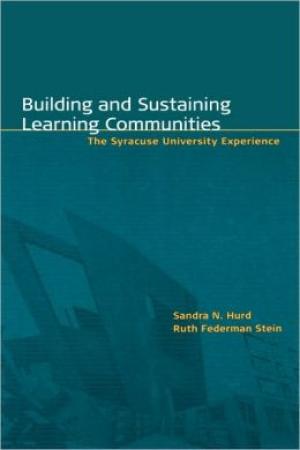
Learning communities are small groups of students who come together with faculty and student affairs professionals to engage in common learning experiences. In Building and Sustaining Learning Communities, the authors, along with many of their colleagues, describe the rationale for learning communities, particularly in a large university; the process for setting them up; and reflections on these unique environments. After reading this book, administrators and faculty members will know precisely why they are worth considering and how to successfully create them. (From the Publisher)
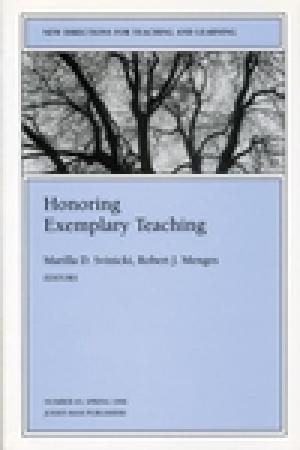
The seemingly subtle difference between asking "What should we teach?" and "How will students be different as a result?" can lead to changes that permeate all aspects of an institution. Decisions about classroom content and methods, as well as larger curricular issues, depend on a clear view of intended outcomes - what we want students to know and be able to do with what they know. It is ironic that college catalogues include assurances that graduates will be prepared to participate in society as contributing citizens, make informed decisions, and take on leadership roles, and yet the abilities necessary for these contributions are not explicitly taught. In contrast, the programs set forth in this volume assist students to integrate what they know with what they can do. (From the Publisher)
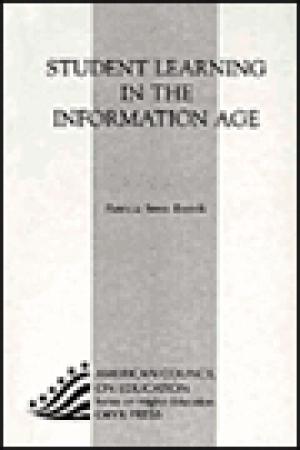
The author offers an in-depth examination of resource-based learning as an important new paradigm for higher education. This concept shifts the focus from teaching to learning by requiring students to select their own learning materials from a wide range of real world information resources. A resource-based approach helps students assume more responsibility for their own learning. It also creates a strong partnership between faculty members and campus librarians. Breivik highlights examples of colleges and universities that are already using this approach successfully and offers a framework to help educators create their own resource-based learning programs. This work will be of significant interest to academic leaders, faculty, and campus information providers. (From the Publisher)
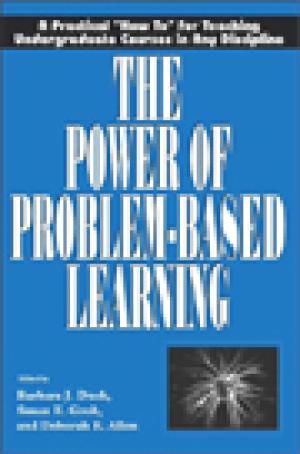
Problem-based learning is a powerful classroom process, which uses real world problems to motivate students to identify and apply research concepts and information, work collaboratively and communicate effectively. It is a strategy that promotes life-long habits of learning. The University of Delaware is recognized internationally as a center of excellence in the use and development of PBL. This book presents the cumulative knowledge and practical experience acquired over nearly a decade of integrating PBL in courses in a wide range of disciplines. This "how to" book for college and university faculty. It focuses on the practical questions which anyone wishing to embark on PBL will want to know: "Where do I start?" – "How do you find problems?" – "What do I need to know about managing groups?" – "How do you grade in a PBL course?" The book opens by outlining how the PBL program was developed at the University of Delaware -- covering such issues as faculty mentoring and institutional support -- to offer a model for implementation for other institutions. The authors then address the practical questions involved in course transformation and planning for effective problem-based instruction, including writing problems, using the Internet, strategies for using groups, the use of peer tutors and assessment. They conclude with case studies from a variety of disciplines, including biochemistry, pre-law, physics, nursing, chemistry, political science and teacher education. This introduction for faculty, department chairs and faculty developers will assist them to successfully harness this powerful process to improve learning outcomes. (From the Publisher)
Provides information on spirituality of teaching and learning. How to evoke the spiritual dimension of public education; Discussion on spiritual lives of teachers; Most important step toward provoking step in public education.
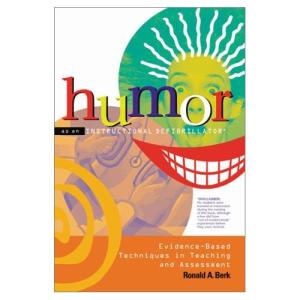
Grab those paddles. Charge 300. Clear! "Ouch!" Now how do you feel? "Great!" Humor can be used as a systematic teaching or assessment tool in your classroom and course Web site. It can shock students to attention and bring deadly, boring course content to life. Since some students have the attention span of goat cheese, we need to find creative online and offline techniques to hook them, engage their emotions, and focus their minds and eyeballs on learning. This book offers numerous techniques on how to effectively use humor in lectures and in-class activities, printed materials, course Web sites and course tests and exams. These techniques can convert any course into an adult version of Sesame Street. (From the Publisher)
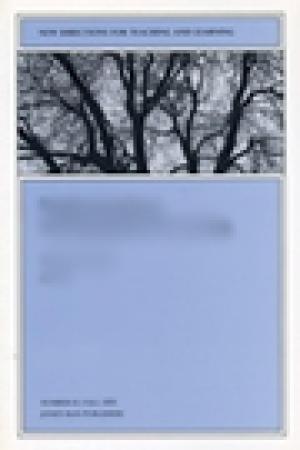
Self-regulated learning is an important new area of research on college learning and teaching. The purpose of this volume of New Directions for Teaching and Learning is to provide a sampling of some of the central issues regarding self-regulated learning in college courses and classrooms. These issues include the definition of self-regulated learning, how to improve students' self-regulated learning, and how faculty can use the ideas from this research to improve their own teaching. The chapters in this volume reflect current research and thinking about self-regulated learning for college students. While more research and development is needed on this topic, the authors provide an immediate context for efforts to improve college learning and teaching. This is the 63rd issue of the quarterly journal New Directions for Teaching and Learning. (From the Publisher)
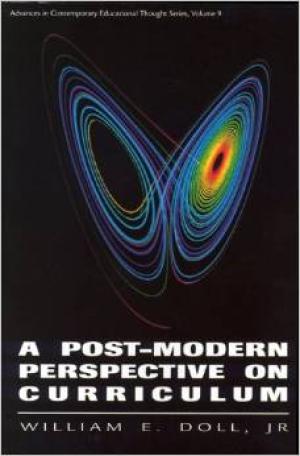
Doll offers a post-modernist, process-oriented vision of teaching and curriculum built from the base of a constructivist and experiential epistemology where we engage ourselves in a conversation with each other in the context of our collective history and seek meaning through alternative interpretations and transformations. In this book he ably demonstrates the power of historical reflection to illuminate our present position on the cusp of change, and he provides a powerful vision of what might be. (From the Publisher)
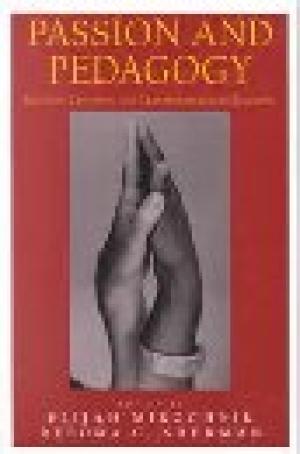
The inaugural title of a series in which faculty members at Lesley University in Cambridge, Massachusetts will address critical issues in arts education for university faculty, classroom teachers, and students of education, based on the innovation programs in the arts there. The 25 contributions discuss creating the teacher and changing the world, collaborative learning and improvisation, constructing a space for creativity in science, and other topics. (From the Publisher)